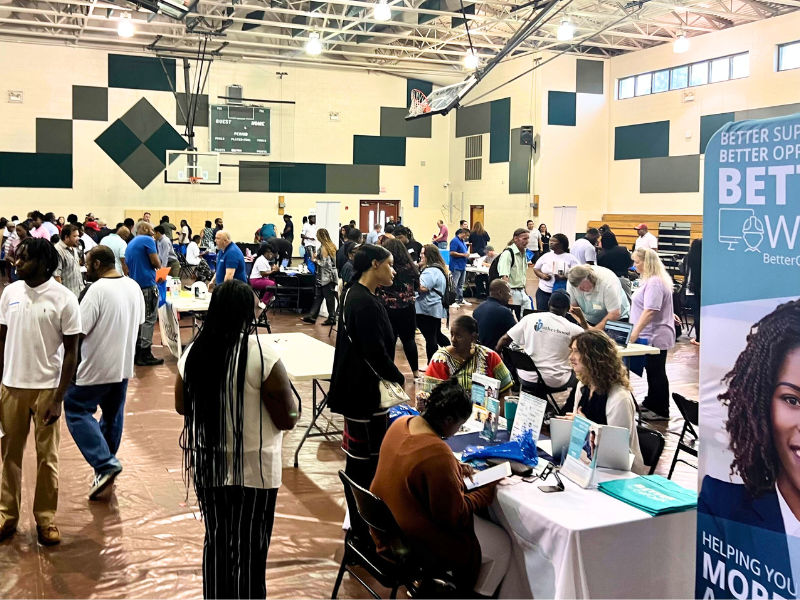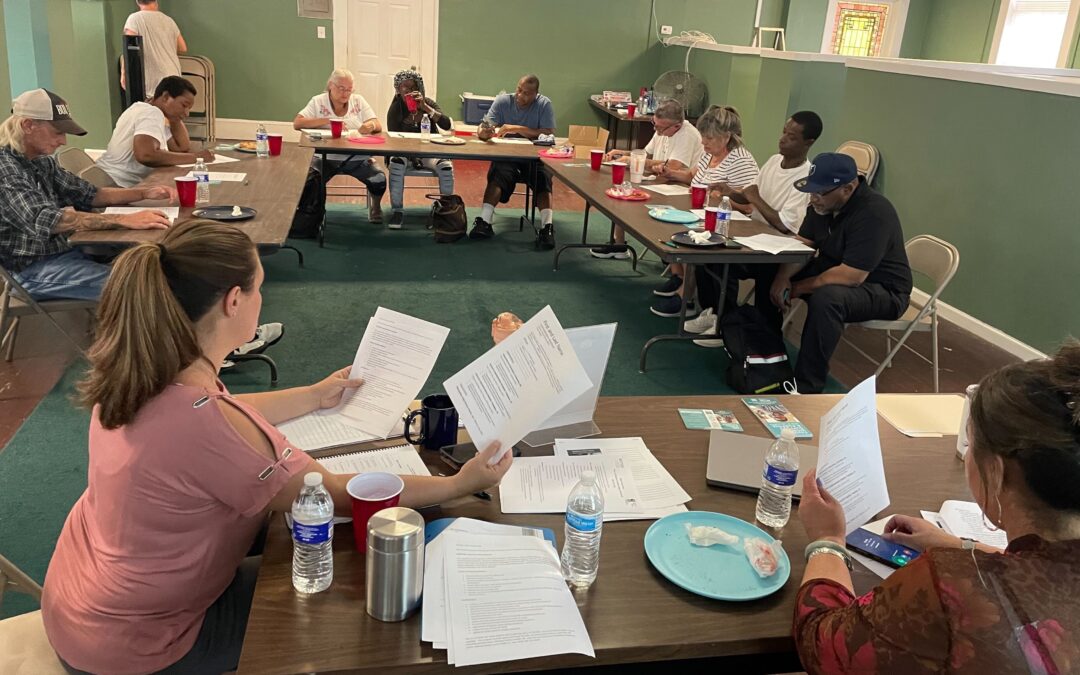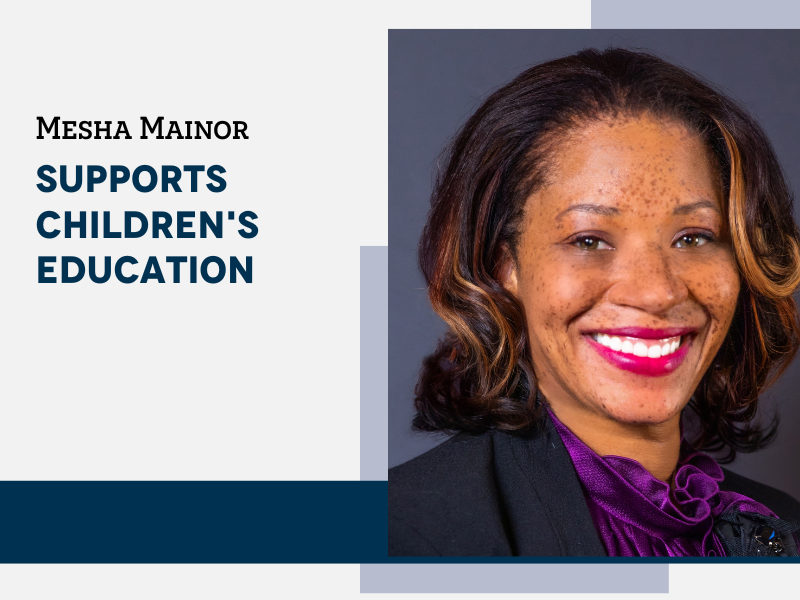
Empowering South Columbus Through Collaboration: C3 Job Fair Success

Empowering South Columbus Through Collaboration: C3 Job Fair Success
Key Points
- Community Collaboration for Empowerment: The Collaborative Community Connection (C3) organized a successful job fair in South Columbus through a partnership involving various entities, including the City of Columbus Parks and Recreation, Boys and Girls Club of the Chattahoochee Valley, Goodwill Southern Rivers, YMCA of Metro Columbus GA, BETTER WORK Columbus team, and more.
- Diverse Employment Opportunities: The job fair showcased a wide range of industries, including manufacturing, healthcare, law enforcement, and retail, providing immediate employment opportunities.
- Impact and Hope for Neglected Community: Better Work Columbus played a significant role in assisting job seekers and facilitating connections with potential employers. Beyond the event’s surface, the job fair highlighted the significance of community support for an often-neglected area.
In a display of community solidarity, the Collaborative Community Connection (C3) recently hosted a transformative job fair at the Frank Chester Recreation Center. This dynamic partnership, comprising entities such as the City of Columbus Parks and Recreation, Boys and Girls Club of the Chattahoochee Valley, Goodwill Southern Rivers, YMCA of Metro Columbus GA, our BETTER WORK Columbus team and more, united to channel resources where they’re needed most in South Columbus. The event’s spotlight shone on a diverse range of industries, including manufacturing, healthcare, law enforcement, and retail, all of which offered immediate employment opportunities. With local employers like Pratt and Whitney, Aflac, and Kia in attendance, the job fair collectively sought to fill over 2,000 positions.
One organization that played a pivotal role in the success of the event was Better Work Columbus. Their on-site assistance and support proved invaluable in helping job seekers navigate the job fair and connect with potential employers.The job fair’s impact reverberated beyond the surface, as it underscored the importance of community support in an area that has often faced neglect. By uniting organizations with a shared goal of upliftment, C3 demonstrated their unwavering belief in the untapped potential and inherent value of South Columbus residents.
Beyond the event’s surface, the job fair highlighted the significance of community support for an often-neglected area. It emphasized the belief in the potential of South Columbus residents and demonstrated that collaborative efforts can lead to transformative change and a brighter future for the community.
Beyond the event’s surface, the job fair highlighted the significance of community support for an often-neglected area. It emphasized the belief in the potential of South Columbus residents and demonstrated that collaborative efforts can lead to transformative change and a brighter future for the community.
The C3 job fair not only provided a platform for individuals to secure gainful employment but also symbolized a beacon of hope for an often-overlooked community. It signified that collaborative efforts, like those of C3, can bridge gaps, open doors, and amplify voices that deserve to be heard. As this successful event has shown, when a community comes together with dedication and purpose, it can spark transformative change and pave the way for a brighter, more inclusive future.











